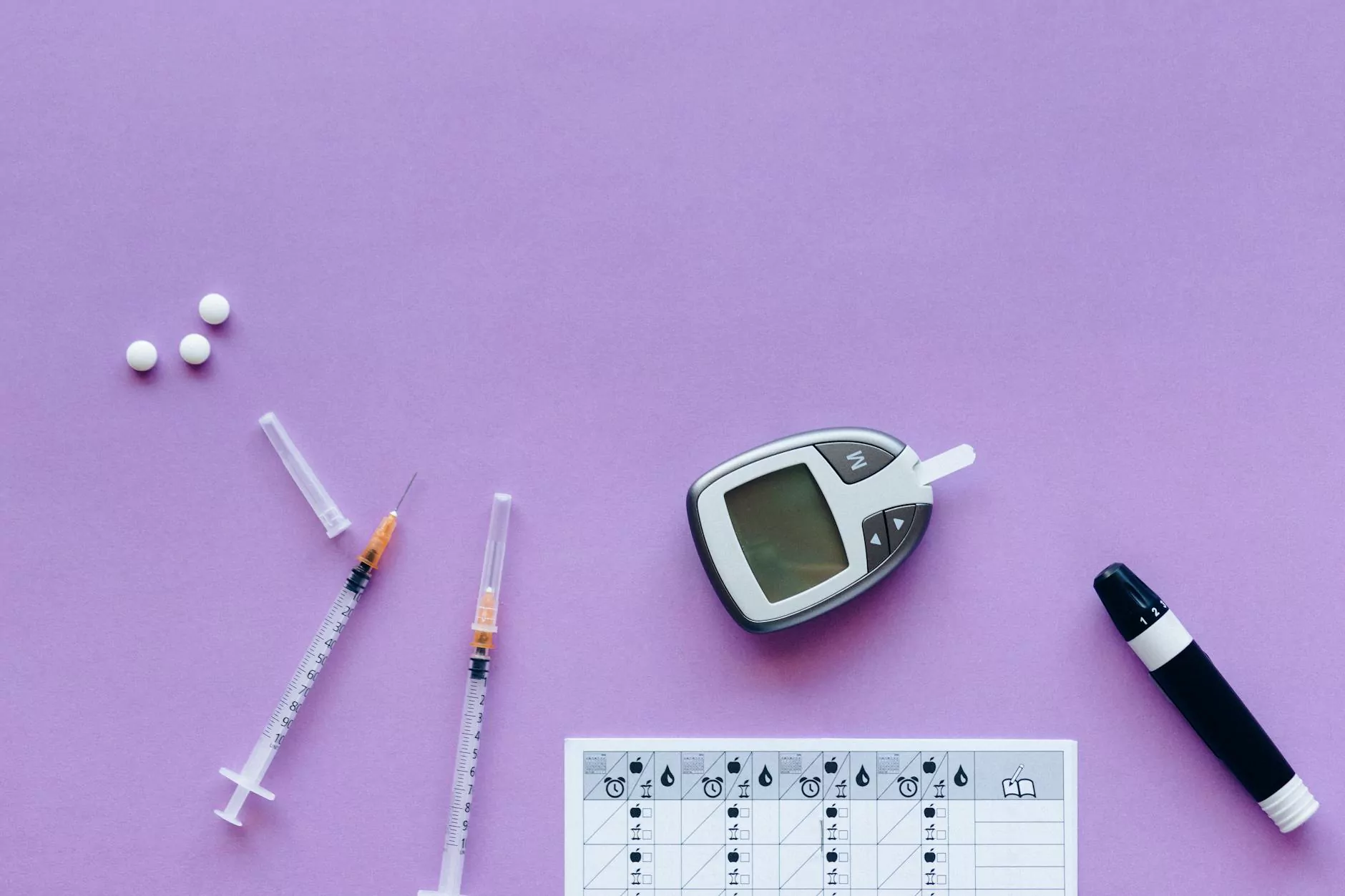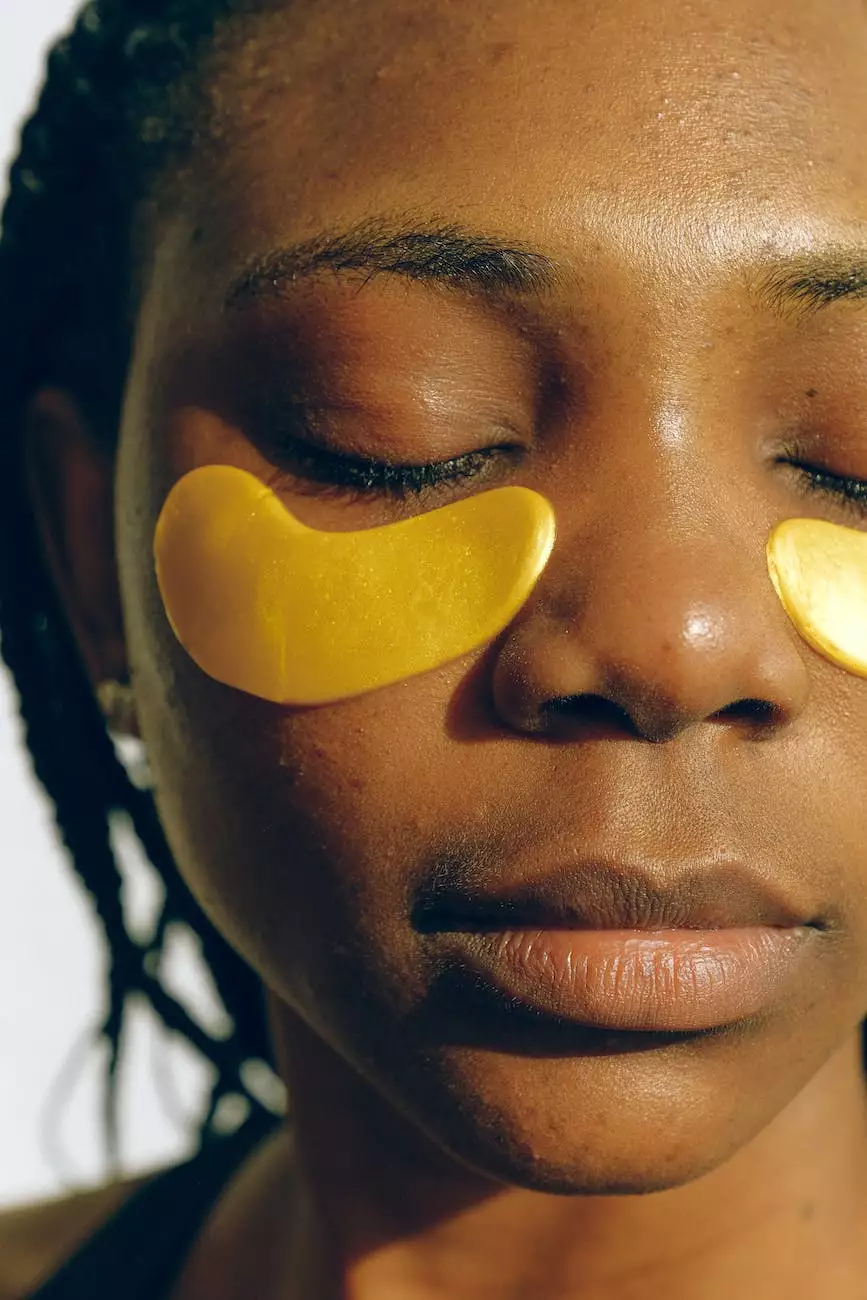As Stroke 'Liquefies' Brain Tissue, Lasting Harm May Spread
Heart Health
The Impact of Stroke on Brain Tissue
Stroke, a serious medical condition often referred to as a "brain attack," occurs when blood flow to the brain is disrupted, depriving brain cells of oxygen and nutrients. This interruption has detrimental effects on the affected regions, leading to various complications and lasting harm.
Understanding Brain Tissue Liquefaction
Recent studies have shed light on a concerning phenomenon observed in stroke cases. It has been discovered that stroke can trigger a process known as "liquefaction," in which brain tissue undergoes significant damage, losing its normal structure and function. This liquefaction occurs due to the release of enzymes and toxins, exacerbating the initial stroke-induced injury.
The Spreading Effects of Liquefied Brain Tissue
Once brain tissue starts to liquefy, the harmful substances released during this process can spread beyond the initial affected area. This spreading effect has raised concerns among researchers and medical professionals, as it may lead to further damage and complications throughout the brain.
Understanding Lasting Harm and Its Implications
The consequences of stroke-induced tissue liquefaction and the subsequent spread of harm can be severe and long-lasting. Some of the common complications associated with this phenomenon include:
- Cognitive Impairment: Liquefaction of brain tissue can disrupt cognitive functions, resulting in memory loss, difficulties with attention and concentration, and overall cognitive decline.
- Motor Function Impairment: The spread of lasting harm may impair motor functions, leading to muscle weakness, paralysis, and difficulties with coordination and balance.
- Speech and Language Problems: Liquefied brain tissue can affect the areas responsible for speech and language, resulting in communication difficulties, speech impediments, and language comprehension issues.
- Emotional and Behavioral Changes: Stroke-induced brain tissue liquefaction and its spread can cause emotional and behavioral changes, such as depression, anxiety, mood swings, and altered personality traits.
- Sensory Disturbances: Some individuals may experience sensory disturbances, including altered sensation, numbness, or tingling, in the areas affected by the spread of harm.
Seeking Treatment and Rehabilitation
In light of the potential spread of lasting harm caused by stroke-induced brain tissue liquefaction, it is crucial to seek immediate medical attention and engage in proper treatment and rehabilitation programs to minimize the impact of these complications. Bowling Orthopaedics, a trusted name in the field of health, offers comprehensive care and expertise in managing stroke-related complications.
Effective Strategies for Rehabilitation
Rehabilitation plays a critical role in the recovery process for individuals affected by stroke. At Bowling Orthopaedics, our team of highly skilled professionals designs customized rehabilitation programs tailored to each patient's unique needs. These programs aim to:
- Promote Physical Recovery: Through targeted exercises and therapies, we help restore motor function, improve balance, and enhance overall physical well-being.
- Enhance Cognitive Abilities: Our rehabilitation programs incorporate cognitive exercises and strategies to improve memory, attention, and problem-solving skills.
- Improve Communication Skills: We provide speech and language therapy to aid in the recovery of speech impairments and facilitate effective communication.
- Address Emotional Well-being: Our team offers support and counseling to address emotional changes, helping individuals regain control over their emotions and improve their overall mental well-being.
Prevention and Awareness
While the spread of lasting harm caused by stroke-induced brain tissue liquefaction is a significant concern, it is crucial to raise awareness about stroke prevention strategies. Adhering to a healthy lifestyle, including regular exercise, a balanced diet, and avoiding known risk factors such as smoking and excessive alcohol consumption, can significantly reduce the likelihood of stroke occurrence.
Empowering Individuals through Education
Bowling Orthopaedics is committed to empowering individuals through education and providing comprehensive information on stroke-related topics. By understanding the potential risks, symptoms, and complications associated with stroke, individuals are better equipped to take proactive measures for prevention and seek immediate medical attention in case of emergencies.
For more detailed information and professional guidance on stroke-related complications, make sure to reach out to Bowling Orthopaedics and take advantage of our expertise in the field of health.










